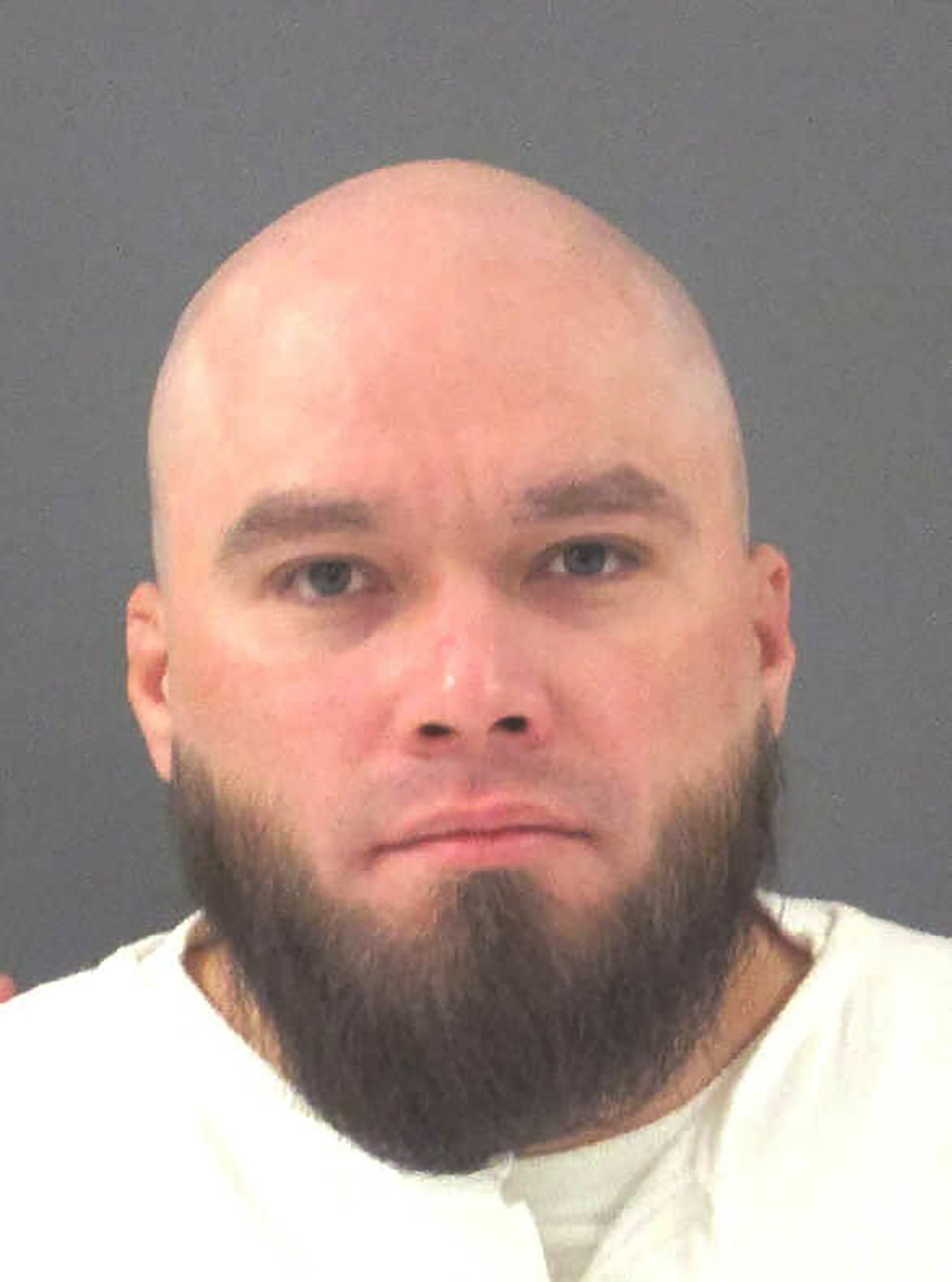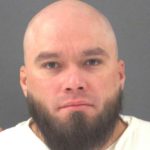Texas death row inmate seeks pastor’s touch at execution

HOUSTON (AP) — A Texas death row inmate set to be executed Wednesday for killing a convenience store worker more than 17 years ago in a robbery that garnered $1.25 is asking that his pastor be allowed to lay hands on him as he dies by lethal injection.
The request by John Henry Ramirez, 37, is the latest clash between death row inmates and prison officials in Texas and other states over the presence of spiritual advisers in the death chamber.
Ramirez was condemned for the 2004 killing of 46-year-old Pablo Castro as he took out the trash from a Corpus Christi convenience store. Prosecutors say Ramirez stabbed Castro 29 times during a series of robberies in which the inmate and two women sought money following a three-day drug binge. Ramirez fled to Mexico but was arrested 3 1/2 years later. He is set to be executed Wednesday evening at the state penitentiary in Huntsville.
Ramirez’s request to have his spiritual adviser touch him and vocalize prayers when he is executed has been turned down by Texas prison officials, who have argued that direct contact poses a security risk and the vocal prayer could be disruptive.
A federal judge in Houston and the 5th U.S. Circuit Court of Appeals have denied Ramirez’s request to stay his execution over the issue. An appeal is pending before the U.S. Supreme Court.
In April, the Texas prison system reversed a two-year ban on allowing spiritual advisers in the death chamber. The ban came after the U.S. Supreme Court in 2019 halted the execution of another Texas inmate who had argued his religious freedom was being violated because his Buddhist spiritual adviser wasn’t allowed to accompany him.
Texas previously allowed state-employed clergy to accompany inmates into the chamber, but its prison staff included only Christian and Muslim clerics. The new policy allows an inmate’s approved spiritual adviser to be in the chamber but the two cannot have any contact and vocal prayers during the execution are not allowed.
Seth Kretzer, Ramirez’s lawyer, has argued the Texas Department of Criminal Justice is violating the death row inmate’s First Amendment rights to practice his religion. He called the ban on vocal prayer a spiritual “gag order.”
“It is hostile toward religion, denying religious exercise at the precise moment it is most needed: when someone is transitioning from this life to the next,” Kretzer said in court documents.
Dana Moore, Ramirez’s spiritual adviser the last four years, said the request is about letting the inmate practice his Christian faith and treating him “with a certain amount of dignity.”
“John’s sentence wasn’t death and you can’t have any meaningful contact,” said Moore, who is pastor at Second Baptist Church in Corpus Christi. “He is paying for his crime. I guess the question that would come up, is that not enough?”
But Mark Skurka, the lead prosecutor at Ramirez’s 2008 trial, said while he believes a death row inmate should have a spiritual adviser at the time of execution, there have to be limitations based on security concerns.
“Pablo Castro didn’t get to have somebody praying over him as this guy stabbed him 29 times. Pablo Castro didn’t get afforded such niceties and things like to have a clergyman present,” said Skurka, now retired after later serving as Nueces County district attorney.
Castro, who had nine children, had worked at the convenience store for more than a decade when he was killed.
“He was a good guy. He would help people out in the neighborhood. Everybody liked him,” Skurka said.
Two women who took part in the robberies and were convicted on lesser charges remain in prison.
If Ramirez is executed, he would be the third inmate put to death this year in Texas and the sixth in the U.S.
___
Follow Juan A. Lozano on Twitter: https://twitter.com/juanlozano70
Juan A. Lozano, The Associated Press




